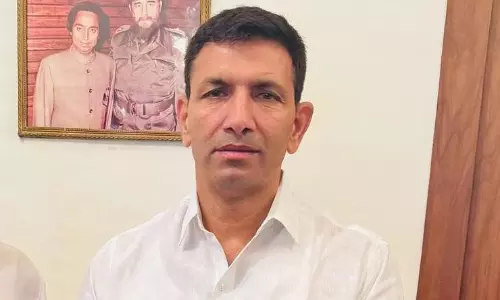Wrap-up: Supreme test for triple talaq
Muslim women in India have demanded a ban to triple talaq with several women petitioning the Supreme Court, to overturn the practice.;

The Supreme Court last Thursday began examining whether it was legal for a Muslim man to divorce his wife by saying “talaq talaq talaq”, raising hopes among women campaigners of a long-awaited end to the “quickie” divorce.
The practice of “triple talaq” is banned in most Muslim countries but allowed under Indian Constitution. But the Islamic instant divorce has come under increasing criticism as unconstitutional by violating the right to equality. Reports have emerged of men divorcing their wives via Skype, WhatsApp and text message, leaving families destitute.
Muslim women in India have demanded a ban to triple talaq with several women petitioning the Supreme Court, to overturn the practice.
Conservative Muslim clerics staunchly oppose any change.
At the hearing on Thursday, five multi-faith judges of the Supreme Court started to determine whether triple talaq is part of a fundamental religious right for Muslims.
“If we come to a conclusion that triple talaq is part of (the) fundamental right to religion, we would not interfere,” the judges said.
The Supreme Court has set aside six days for the hearing — half for those challenging triple talaq and half in defence — with the hearing expected to end by May 19.
The national Law Commission last year sought public views on whether to abolish the practice, triggering a debate between politicians and religious leaders.



